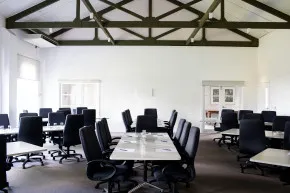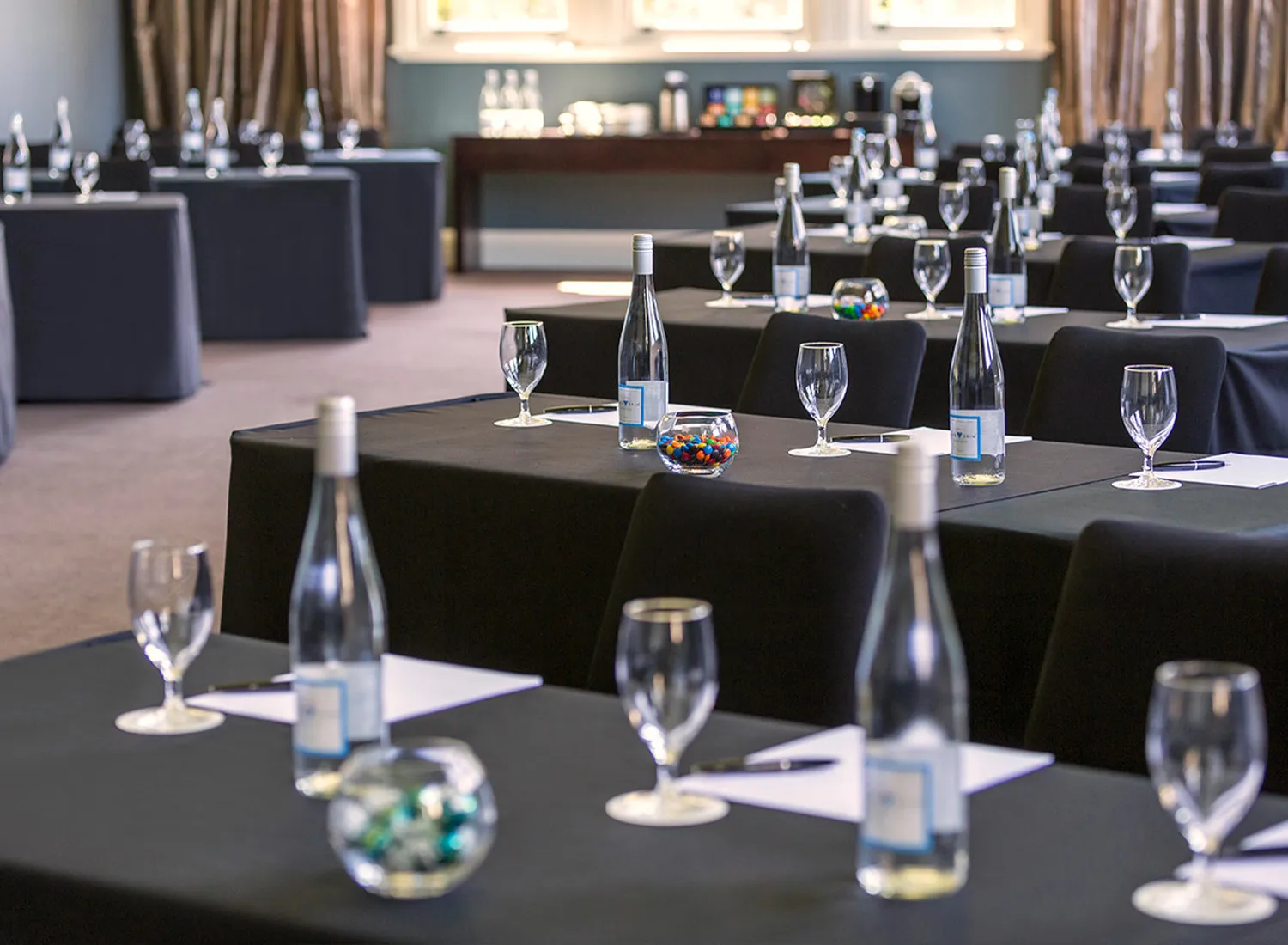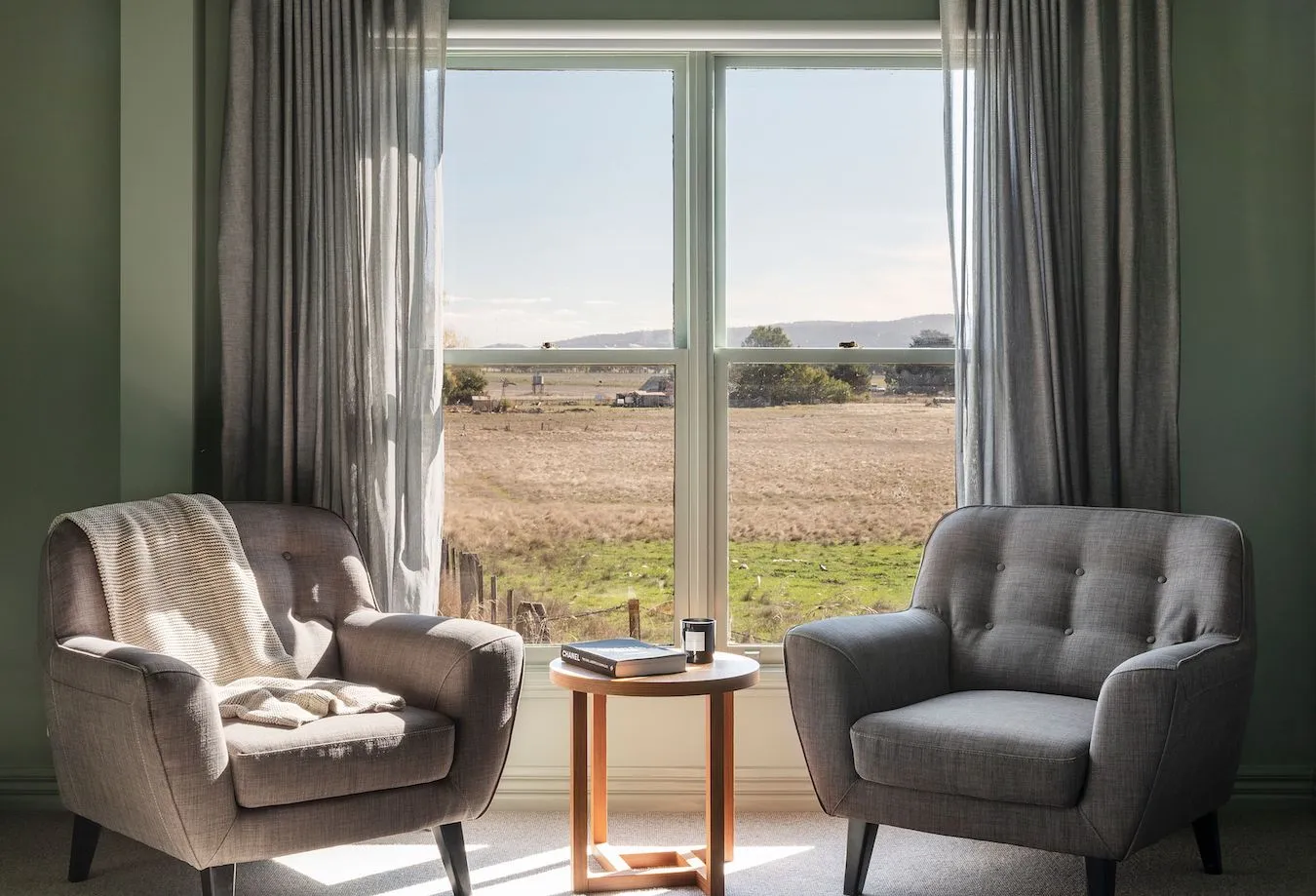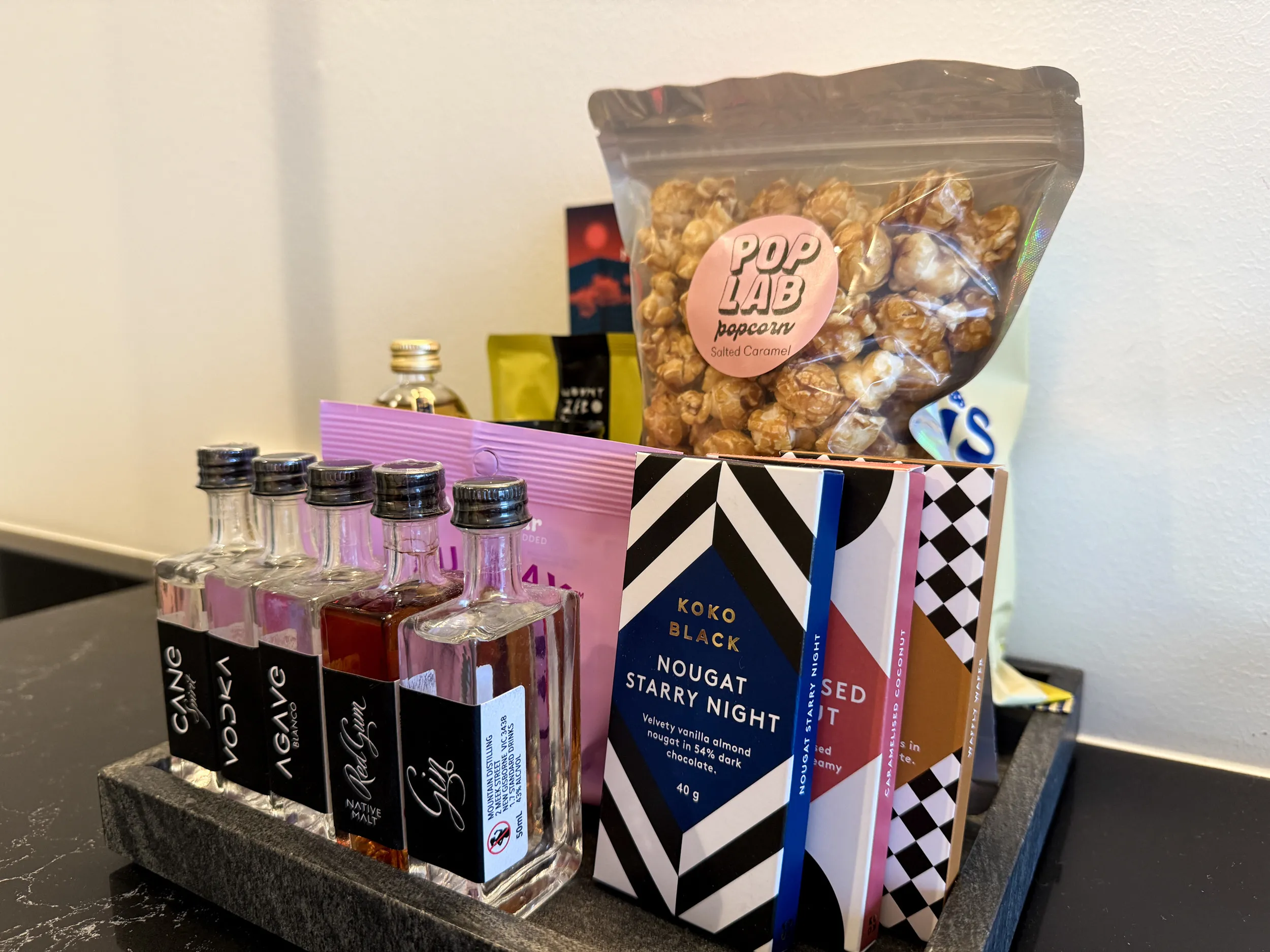TOP 10 TIPS FOR PLANNING A CONFERENCE
Did you know that there are more than 400,000 conferences held in Australia every year? According to the Business Events Council of Australia, the meeting and conference sector alone is worth more than $23m. That’s an average of $57k for each event. It’s no wonder that planning a conference has evolved into an art form. It’s a big deal and, no matter what the size or scale, the stress can easily overwhelm the most experienced of conference planners.
So what makes a successful conference tick?
1. Service
It’s hard enough ‘herding the cats’ in your office without having to do the same with your venues. Great suppliers will ask the right questions up front and call on years of experience to customise their recommendations and pricing. The best will provide a dedicated onsite coordinator once the contract is signed. Nothing is too hard and no stone is left unturned. It’s as if your event is their only event. It starts with the time it takes to receive your quote and will end long after you’ve returned to the office.
2. Value For Money
One of the hardest tasks of planning a conference is justifying the expense. Be clear from the start about what you want to achieve from your event. Consider how it will fit into the big picture and what role it will play in context of team morale, staff turnover, professional development and commercial objectives (to name a few). What will success look like and how will you measure it? Include a small contingency in your budget and make sure the venues on your shortlist clearly understand your goals and expectations.
3. Location, Location, Location
The secret to picking the right venue is finding somewhere within easy reach but far enough away to be free of distraction. CBD venues can be limited because delegates are likely to re-connect with the office and their work during breaks. So if you want a truly captive audience then a regional or country venue is a much better option. More so if you combine quality overnight accommodation with a spectacular or brag-worthy destination and a diverse program that’s a clever mix of work and play.

4. Food & Beverage
The saying “food for thought” has been a metaphor for serious thinking since the 1800s. Today, the best conference planners take the concept literally and demand only the very best F&B for their event. In particular, healthy choices are paramount and teams of critically acclaimed or award winning chefs are the norm rather than the exception. And as the standard of food has risen, so too has the quality of beverages – from café quality espressos and chai lattes to oolong, green or peppermint tea; expect to be spoilt for choice (and taste).
5. Meeting Room Specifications & Set Ups
Never underestimate the importance of a flexible conference or meeting space. Rooms need to be adaptable to a variety of set up styles or formats such as theatre, classroom, boardroom, U-shape, cluster, banquet, or cocktail. The best venues will know the size of their space in square metres and height, as well as the maximum capacity for each set up. They will also know which room and style best suits your event. Floor plans can also be invaluable by helping you ‘picture’ exactly how the room will look.
6. Natural Lighting
Research has found that under artificial or poor lighting conditions we become more stressed and have less ability to stabilise our energy levels. Sound familiar? Environmental productivity or the science of how the space around us supports or handicaps the way we work has come of age in the 21st Century. Too often conference planners can overlook the importance of natural light when selecting their venues and it matters, especially if you’re trying to inspire new ideas or ways of thinking in your group.
7. Audio Visual
We live in a digital age of rich, high resolution media. Anything less than contemporary audio visual facilities is unacceptable. That said, it is vital to communicate with your venue well before your delegates arrive so your room and AV is set up exactly how you want, or expect. Check and double check tech-requirements and operating systems so your material and hardware is compatible. Brief the venue on your run-sheet, meeting agenda or conference program, including any insight you have on your speakers and their individual presentation styles.
8. Team Building
One of the toughest assignments for any meeting or conference planner is to bring a diverse collection of personalities, age groups and thinking styles together. A lot of inexperienced conference planners try to manage their team building program and struggle with the challenge. The safest bet is to simply ask your venue. Remember that they have hosted hundreds, if not thousands of business events. They’ve witnessed first-hand what works or what hasn’t and can help customise a fantastic and memorable program.
9. Transportation
If you’ve chosen a regional conference location then you must consider how your delegates will move to and from the venue. If you leave transport to the individuals in your group then expect drama. What can go wrong probably will and late (or lost) delegates can destroy your best laid plans. The only way to escape this stress is to budget for coach transfers. There may still be dramas before you depart, but at least you will arrive together and a simple phone call to your venue is all that’s needed to make the necessary adjustments.
10. Presentations
With so much on your plate it is easy to forget that the very substance (and ultimate success) of your meeting or conference lies in the quality of presentations you’ve included in your program. Work with you venue and your peers or colleagues to thoroughly brief your speakers on what’s required. Demand their presentations at least two weeks in advance of your event and edit their work closely. The best presentations are highly visual. And the best presenters speak to their slides. They don’t read from them.



